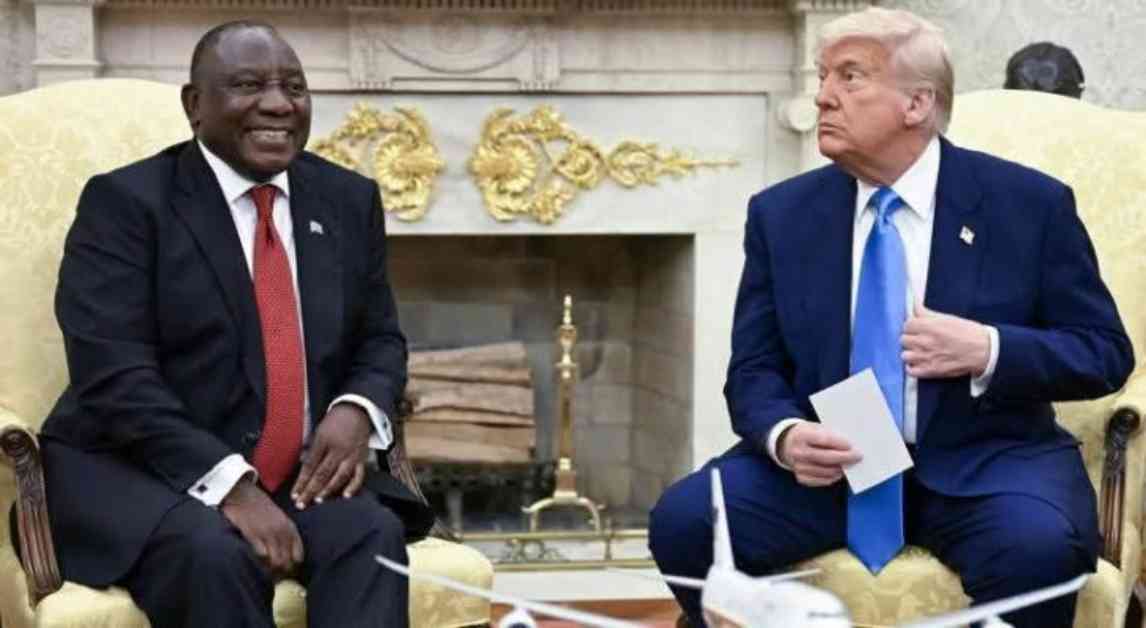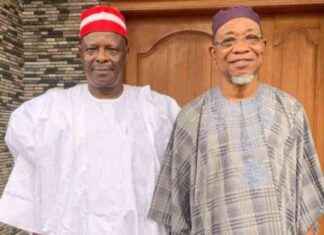The Oval Office at the White House witnessed quite the spectacle a few days back when South African President Cyril Ramaphosa met with American President Donald J. Trump. The meeting was supposed to be a discussion on bilateral issues and world affairs, but it quickly turned into a circus.
Trump started off with baseless allegations against the white Boers of South Africa, claiming they were facing mass murder, ethnic cleansing, and genocide. These accusations were not just false but also downright absurd. He then went on to attack Julius Malema, the leader of the South African Economic Freedom Fighters (EFF), calling him a hate-filled black supremacist and terrorist intent on killing all white people in South Africa.
While Malema is a controversial figure, many see him as a champion of justice and equality for the oppressed. He has a strong following in South Africa and across Africa, where he is seen as a hero fighting against injustice. Trump’s attempts to discredit Malema only served to elevate his profile on the global stage.
The most embarrassing moment of the meeting came when Trump presented a picture of supposed white South African farmers’ graves that turned out to be from Congo, not South Africa. This deception, along with Trump’s bullying and disrespectful behavior towards Ramaphosa, left many observers appalled.
Ramaphosa’s response to Trump’s barrage of attacks was disappointing, with many critics calling him weak and cowardly. The African leaders of old, like Nelson Mandela and Kwame Nkrumah, would never have allowed themselves to be treated in such a manner. The days of African leaders bowing down to foreign powers are long gone, and Trump’s behavior towards Ramaphosa only highlighted the need for strong and assertive leadership on the continent.
Despite being a supporter of Trump, the writer expresses disappointment in his treatment of African leaders and calls for better understanding and respect towards the continent. The article concludes with a reminder that Africa’s time will come, and its resilience and history will prevail in the face of adversity.















